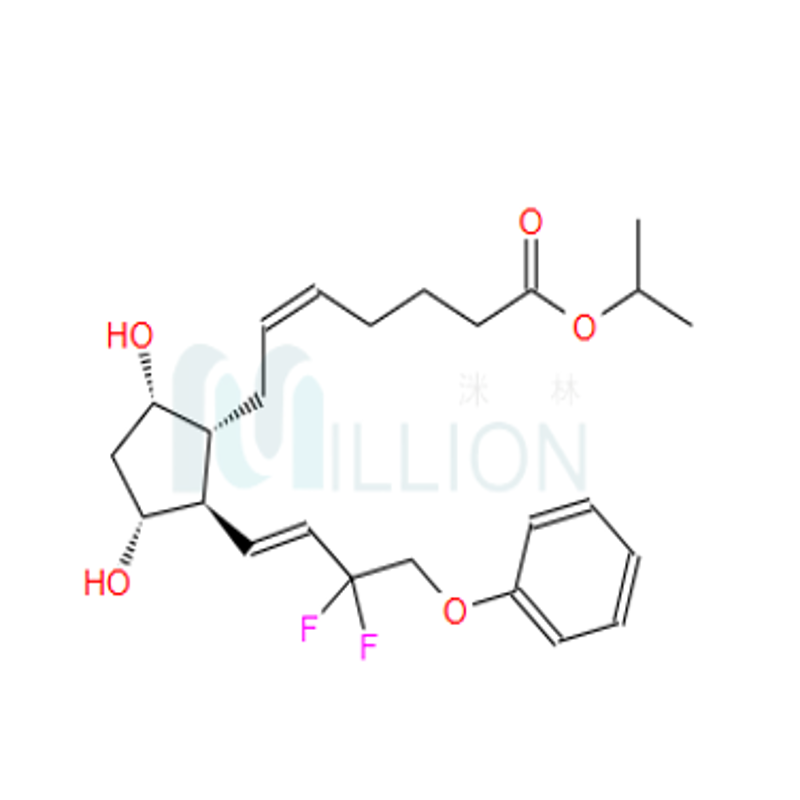-
Categories
-
Pharmaceutical Intermediates
-
Active Pharmaceutical Ingredients
-
Food Additives
- Industrial Coatings
- Agrochemicals
- Dyes and Pigments
- Surfactant
- Flavors and Fragrances
- Chemical Reagents
- Catalyst and Auxiliary
- Natural Products
- Inorganic Chemistry
-
Organic Chemistry
-
Biochemical Engineering
- Analytical Chemistry
-
Cosmetic Ingredient
- Water Treatment Chemical
-
Pharmaceutical Intermediates
Promotion
ECHEMI Mall
Wholesale
Weekly Price
Exhibition
News
-
Trade Service
Exercise has been shown to prevent obesity and obesity-related diseases because exercise increases the need for energy, causing our bodies to burn more calories
.
But the long-term benefits of exercise on physiological and metabolic health are not well studied
.
In June 2022, Professor Jonathan Long of Stanford University and Professor Yong Xu of Baylor College of Medicine published a research paper
in Nature entitled: An exercise-inducible metabolite that suppresses feeding and obesity.
The study found that a small molecule called Lac-Phe (synthesized from lactic acid and phenylalanine) is produced in the blood during exercise, which can effectively reduce food intake and thus control obesity
.
This discovery improves our understanding
of the physiological processes underlying the interaction between exercise and hunger.
Professor Xu Yong, co-corresponding author of the study, said regular exercise has been shown to help lose weight, regulate appetite and improve metabolic status, especially for those who are overweight and obese
.
If exercise is the specific mechanism that triggers these benefits, it can better help people improve their health
.
Professor Jonathan Long, co-corresponding author of the study, said the study hopes to reveal how exercise plays a health promoting role at the molecular level, which will help us develop drugs in the future to slow down osteoporosis, heart disease and other diseases
in the elderly or frail who are unable to exercise enough.
In this latest study, the research team conducted a comprehensive analysis of plasma metabolites in mice after intense running exercise and found that the most significant metabolite induced by exercise was a modified amino acid called Lac-Pha, which is synthesized from lactic acid and phenylalanine
.
Lactic acid is a byproduct of sore muscles produced during strenuous exercise, and phenylalanine is an essential amino acid
needed to synthesize protein.
Compared to control mice, high doses of LAC-Phe suppressed the dietary intake of obese mice induced by a high-fat diet by about 50% over a 12-hour period without affecting their exercise or energy expenditure
.
Mice were given LAC-Phe injections for 10 consecutive days reduced their cumulative food intake, resulting in weight loss (due to loss of body fat) and improved glucose tolerance
.
In addition, the research team also discovered CNDP2, an enzyme needed to synthesize Lac-Pha, and demonstrated that mice lacking this enzyme did not lose as much weight after exercise as control mice
with the same amount of exercise.
However, the appetite-suppressing effect of Lac-Phe only appeared after exercise, not in a sedentary state, and only in mice that became fat because of the high-fat diet
.
Interestingly, the research team also found that horse racing and humans also have a large increase in plasma levels after exercise, and research data from humans show that the increase in plasma Lac-Phe after sprinting is the most significant, followed by resistance training and endurance training
.
Professor Jonathan Long said that these results suggest that the post-exercise production of Lac-Phe is an ancient and conserved system, which is related to physical activity in a variety of animals as well as humans, and plays a role
in regulating food intake.
Professor Xu Yong said that the next research team will look for more details and downstream pathways about how LAC-Phe receives its effects in the body, including the brain, with the ultimate goal of learning and learning to regulate this mechanism of action for intervention and treatment
of human health.
It is well known that obesity greatly increases the risk of cardiovascular disease, metabolic diseases, and cancer, and weight loss can reverse these risks
.
This study clearly shows that exercise promotes the production of LAC-PHA, which suppresses appetite and reduces obesity
.
This also reminds us that exercise is medicine
.
Paper Link:
style="color: #222222;">







